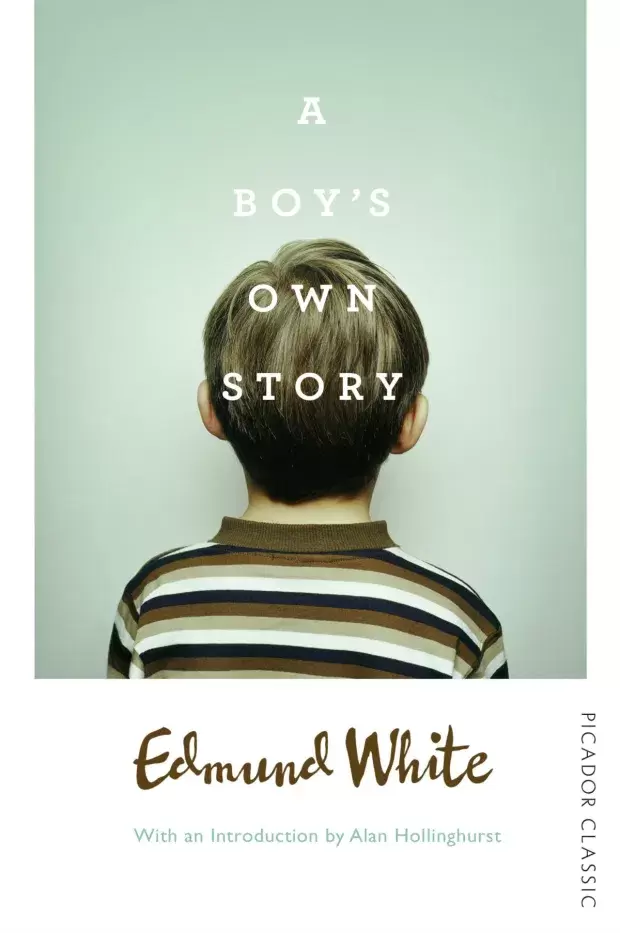| No doubt everyone who reads and everyone who writes has a construction or phrase that is anathema. For me it is “could be seen.” Every time I run across it I find myself kicked out of the reading process into my editorial mode to think of ways to correct or improve. Too often its use strikes me as authorial laziness. I have just finished rereading “A Boy’s Own Story” by Edmund White. For me this is one of the most beautifully composed works of imaginative fiction ever. One might say, and one does, that it is one of the most overly beautifully composed works ever, to the degree that one wonders if the extravagant beauty of the net diminishes even further the small fish caught therein. |
Several times White uses the construction. Each time I am jolted.
And then, toward the end, he used it in a way that I approved. He is describing a hangout where a bunch of prep school boys go to indulge in illicit cigarettes. Here he says “Whoever might report they were smoking off-limits and at an impermissible time of day could be spotted at a safe distance through the glass window . . .” Perfect!
I know. It’s a preference probably peculiar to me. But it does annoy.
| The novel itself I had read when it was first published in 1982. I didn’t like it much I think in part because I was expecting a sexy book and didn’t get that and because I didn’t like the narrator, especially at the end when he commits a horrible and distasteful betrayal. I’m older now, definitely, and possibly a bit wiser, and I now see the boy who is telling us his own story in a different light, and now I see the shocking ending as perfect after what has gone before. I have read other works by White, none of which I liked all that much, but after my experience with "A Boy's Own Story" on second reading I think I will go on to read again other works of his. |


 RSS Feed
RSS Feed